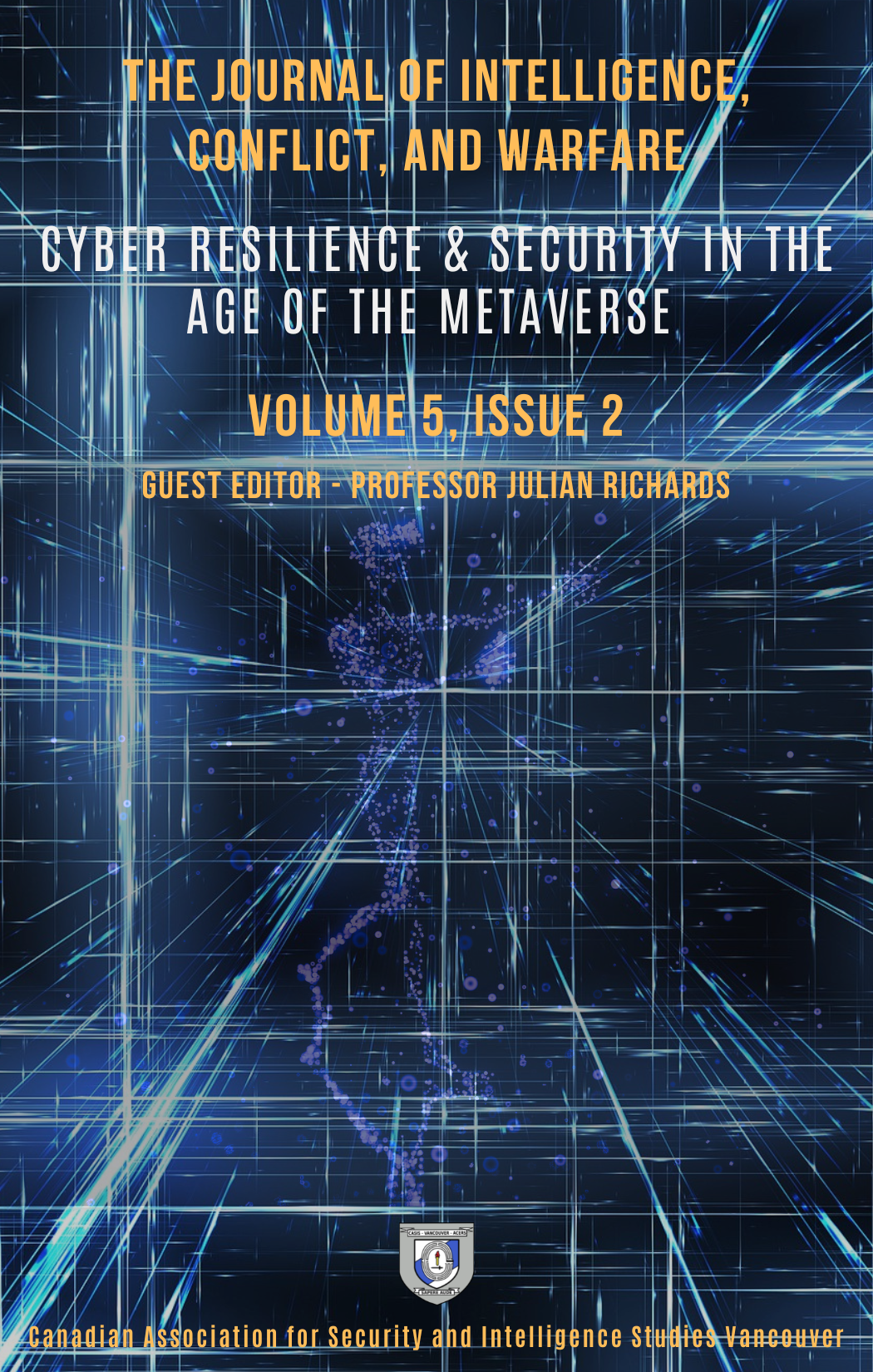Résumé
Viral online disinformation is misleading content that is generated to manipulate public opinion and to circulate rapidly in the digital space. Although viral disinformation has become an instrument for radicalization, the specific psychological mechanisms by which disinformation can be weaponized––wielded as mobilizing and radicalizing political tools––are not yet well-understood.
In this paper, we establish the potential of concerted disinformation efforts to impact mass radicalization and political violence, first through historical precedents of deadly disinformation campaigns, then in modern-day examples from the USA and Russia. Comparing and contrasting political effects of two recent disinformation campaigns, QAnon’s #SaveTheChildren campaign in the USA, and anti-LGBTQ disinformation campaign in Russia, this paper highlights the significance of LGBTQ contagion threat—a notion that people can be “turned” into LGBTQ through deliberate outside influence. The psychological and political consequences of such messaging, its main target audience, and vulnerability factors rendering individuals especially susceptible to its radicalizing effects are discussed.
Received: 2022-08-12
Revised: 2022-09-20

Cette œuvre est sous licence Creative Commons Attribution - Pas d'Utilisation Commerciale - Pas de Modification 4.0 International.
(c) Tous droits réservés Sophia Moskalenko, Ekaterina Romanova 2022
